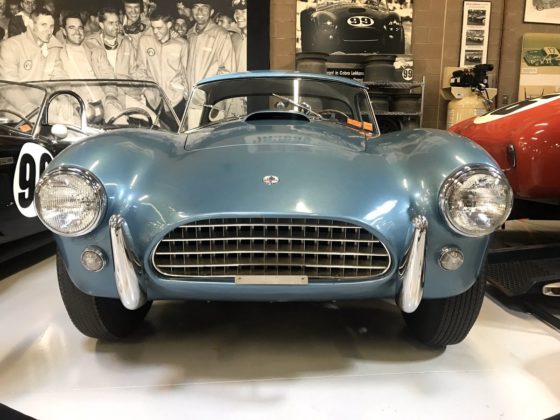
FUTURE OF CARS – Shelby American Collection (Starts 3:30) We tour Boulder’s Shelby American Collection of world-famous Vintage Shelby Cobra racecars, with founder Steve Volk. We discover what made people in the 1960s LOVE fast cars, and we learn how hot rodders created many automotive innovations. We also hear about the world famous race Le Mans, taking place this weekend, and including some hybrid electric cars. Plus the Shelby American Collection Annual Car Show and Raffle, happening Labor Day Weekend.
(For Part 2 of this series, GO HERE)
 Colorado Digital ID for Vaccinations (Starts 1:00) Colorado’s Digital Transformation Director 00 tells us how the MyColorado app now lets you display a valid vaccination card, likely to be useful for everything from traveling on a plane to getting tickets to a show. For an extended version of this interview, GO HERE.
Colorado Digital ID for Vaccinations (Starts 1:00) Colorado’s Digital Transformation Director 00 tells us how the MyColorado app now lets you display a valid vaccination card, likely to be useful for everything from traveling on a plane to getting tickets to a show. For an extended version of this interview, GO HERE.
Executive Producer: Beth Bennett
Show Producer: Shelley Schlender
Podcast: Play in new window | Download (Duration: 26:57 — 24.7MB)
Subscribe:
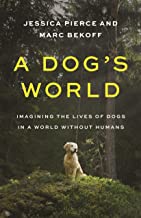 Ever wonder what the world would be like without us humans? Professor Marc Bekoff and Jessica Pierce answer that question from a dog’s eye perspective in their book, A Dog’s World. In addition to speculating about the future of our canine friends without us, they provide a thorough and well-researched look at all aspects of dog biology.
Ever wonder what the world would be like without us humans? Professor Marc Bekoff and Jessica Pierce answer that question from a dog’s eye perspective in their book, A Dog’s World. In addition to speculating about the future of our canine friends without us, they provide a thorough and well-researched look at all aspects of dog biology.



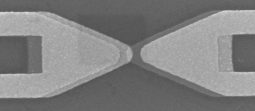 In this episode of How on Earth, Beth talks with Dr Amina Belkadi about her
In this episode of How on Earth, Beth talks with Dr Amina Belkadi about her  On this week’s show journalist and author
On this week’s show journalist and author 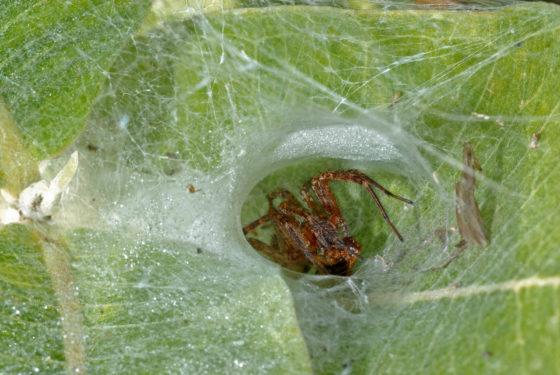
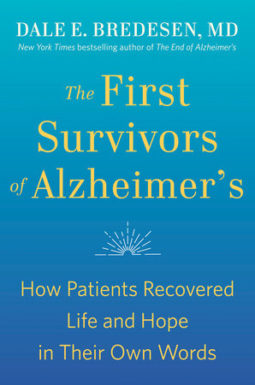 On this week’s show Beth talks with Alzheimer’s Disease researcher
On this week’s show Beth talks with Alzheimer’s Disease researcher  Today on how on earth, Beth talks to
Today on how on earth, Beth talks to 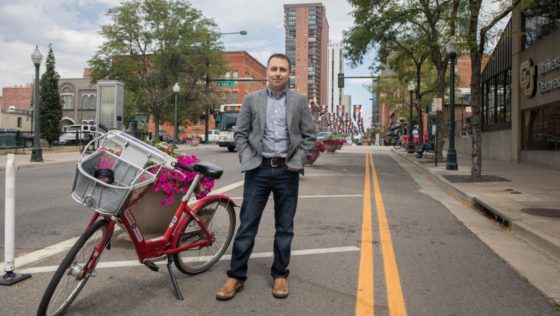


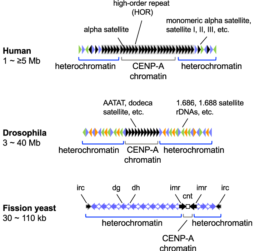 This week on How on Earth, Beth talks with Professor Tom LaRocca, professor in the department of Health and Exercise Science at CSU in Fort Collins. His background is in molecular biology and physiology, but he is particularly interested in translational research (using laboratory science to develop practical applications or treatments that can help people). He is especially interested in the biology of healthspan, the period of life during which we are healthy and productive, and in research on ways to increase healthspan. He talks particularly about some of his recent work which has identified genetic marks of our biological age, as opposed to our chronological age or the number of years one has under their belt. You can see his
This week on How on Earth, Beth talks with Professor Tom LaRocca, professor in the department of Health and Exercise Science at CSU in Fort Collins. His background is in molecular biology and physiology, but he is particularly interested in translational research (using laboratory science to develop practical applications or treatments that can help people). He is especially interested in the biology of healthspan, the period of life during which we are healthy and productive, and in research on ways to increase healthspan. He talks particularly about some of his recent work which has identified genetic marks of our biological age, as opposed to our chronological age or the number of years one has under their belt. You can see his